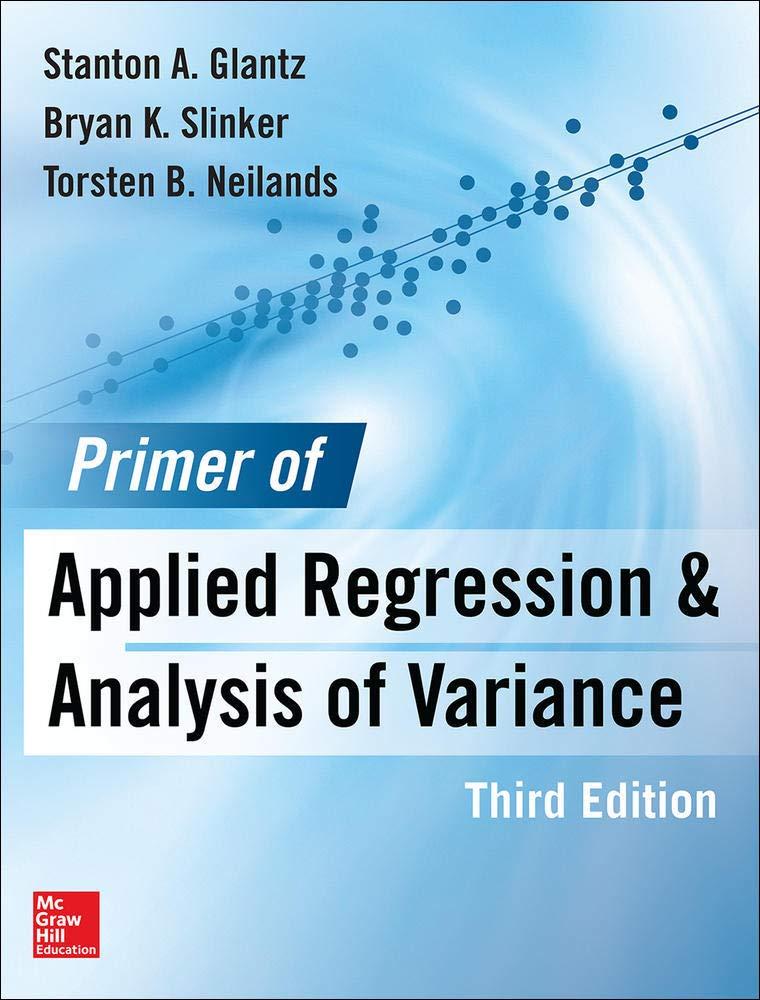Many chemicals known as polycyclic aromatic hydrocarbons cause cancer. One of the best known of these is
Question:
Many chemicals known as polycyclic aromatic hydrocarbons cause cancer. One of the best known of these is benzo(a)pyrine, which has many sources, including secondhand tobacco smoke. A related chemical 7,H-dibenzo(c,g)carbazole is also found in tobacco smoke. However, these two polycyclic hydrocarbons seem to cause far different types of cancer: benzo(a)pyrine seems to cause largely epithelial cancers, whereas 7,H-dibenzo(c,g)carbazole seems to cause mostly cancers in the parenchyma of the internal organs. In this respect, 7, Hdibenzo(
c,g)carbazole is much more like a completely different class of chemicals, the aromatic amines, one of which is 2-acetylaminofluorene.
However, because the carcinogenicity of these different chemicals has been studied in a variety of animals and with a wide variety of methods, it is not clear how the carcinogenicity of 7,H-dibenzo(c,g)carbazole compares to other aromatic carcinogens. To clarify the relative carcinogenicity of these three chemicals, Schurdak and Randerath*
compared the ability of these three aromatic carcinogens, administered by three different routes, topically (on the skin), orally, or subcutaneously, to cause damage to DNA in four different tissues from mice, liver, lung, kidney, and skin (the data are in Table D-25, Appendix D). A. Is there evidence that the different carcinogens have different effects? B. If so, is there evidence that the different carcinogens have different mechanisms of action?
Step by Step Answer:

Primer Of Applied Regression And Analysis Of Variance
ISBN: 9780071824118
3rd Edition
Authors: Stanton Glantz, Bryan Slinker, Torsten Neilands






